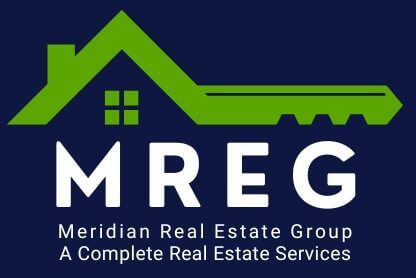Disabilities Tenant’s Disclosure
Tenants’ Rights to Reasonable Accommodations for Persons with Disabilities
Reasonable Accommodations
The New York State Human Rights Law requires housing providers to make reasonable accommodations or modifications to a building or living space to meet the needs of people with disabilities. For example, if you have a physical, mental, or medical impairment, you can ask your housing provider to make the common areas of your building accessible, or to change certain policies to meet your needs.
To request a reasonable accommodation, contact your property manager. You will need to inform your housing provider that you have a disability or health problem that interferes with your use of housing, and that your request for accommodation is necessary to provide you with equal access and opportunity to use and enjoy your housing, as well as the amenities and services normally offered. A housing provider may request medical information when necessary to support that a disability exists and that the requested accommodation is disability-related.
If you believe that you have been denied a reasonable accommodation for your disability—or denied housing or retaliated against because you requested a reasonable accommodation—you can file a complaint with the New York State Division of Human Rights.
Examples of Reasonable Accommodations and Modifications
- Permission to modify the interior of your housing unit to make it accessible. You may be required to pay for these changes, and in rental cases, the landlord may require the unit be restored to its original condition upon moving out.
- Changes to rules, policies, practices, or services of the housing provider.
- Changes to common areas to ensure equal access. The law requires the housing provider to pay for reasonable modifications to these shared areas.
Specific Examples Include:
- If you have a mobility impairment, the housing provider may need to install a ramp or other reasonable means of entry and exit.
- If your healthcare provider certifies that an animal assists with your disability, you should be allowed to keep the animal even if there’s a “no pet” policy.
- If you need grab bars in your bathroom, you may install them at your expense. If your building was constructed for first occupancy after March 13, 1991, the provider must reinforce walls for grab bars at their own cost.
- If your disability requires a nearby parking spot, you can request one or be prioritized on the waiting list for one.
- If you have a visual impairment, you may request notices in large print or electronic format.
Required Accessibility Standards
All buildings constructed for first occupancy after March 13, 1991, must meet the following accessibility requirements:
- Public and common areas must be accessible and usable by individuals with disabilities.
- All doors must be wide enough to allow wheelchair passage.
- All multi-family buildings must include accessible passageways, fixtures, outlets, thermostats, bathrooms, and kitchens.
If your building does not meet these standards, you may file a complaint with the New York State Division of Human Rights.
How to File a Complaint
A complaint must be filed with the Division within one year of the alleged discriminatory act, or in court within three years. For more information or to file a complaint:
- Visit: www.dhr.ny.gov
- Call: 1-888-392-3644
You can obtain a complaint form from the website, or request one by email or mail. Regional office contact details are also available on the site.
